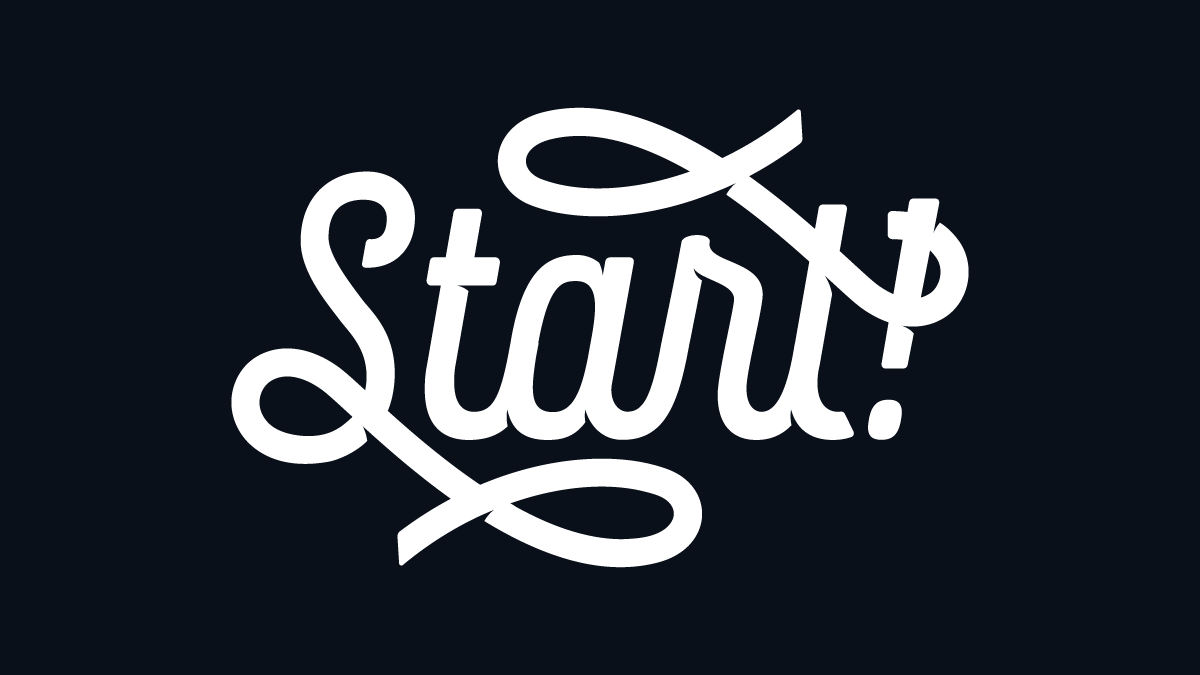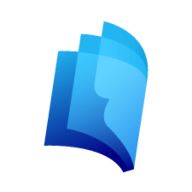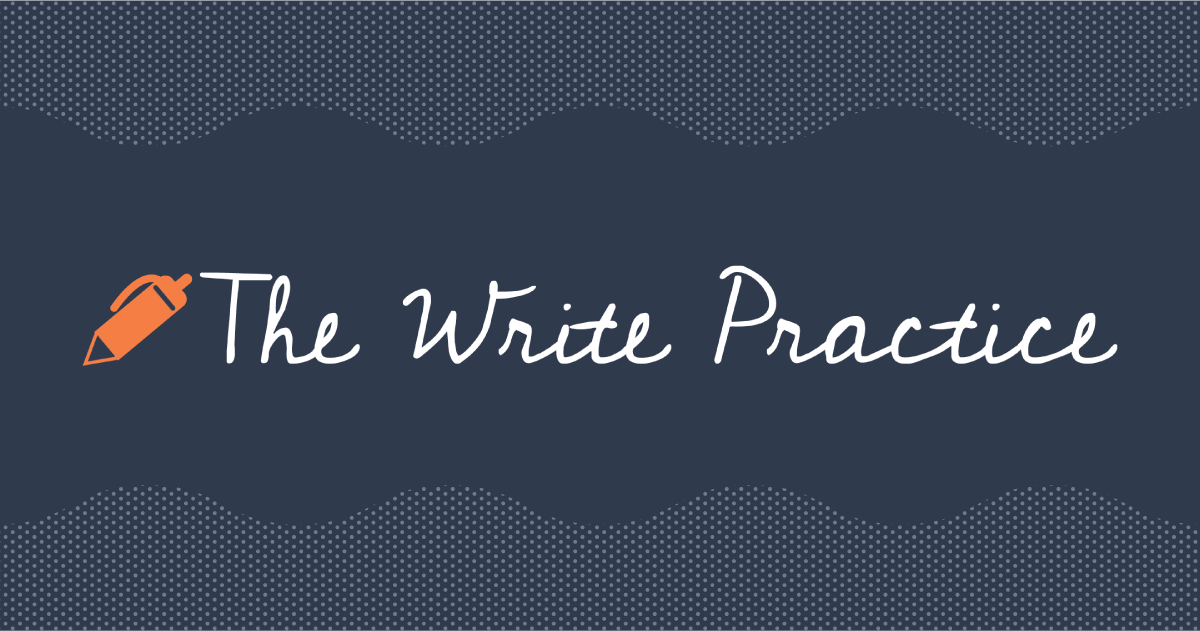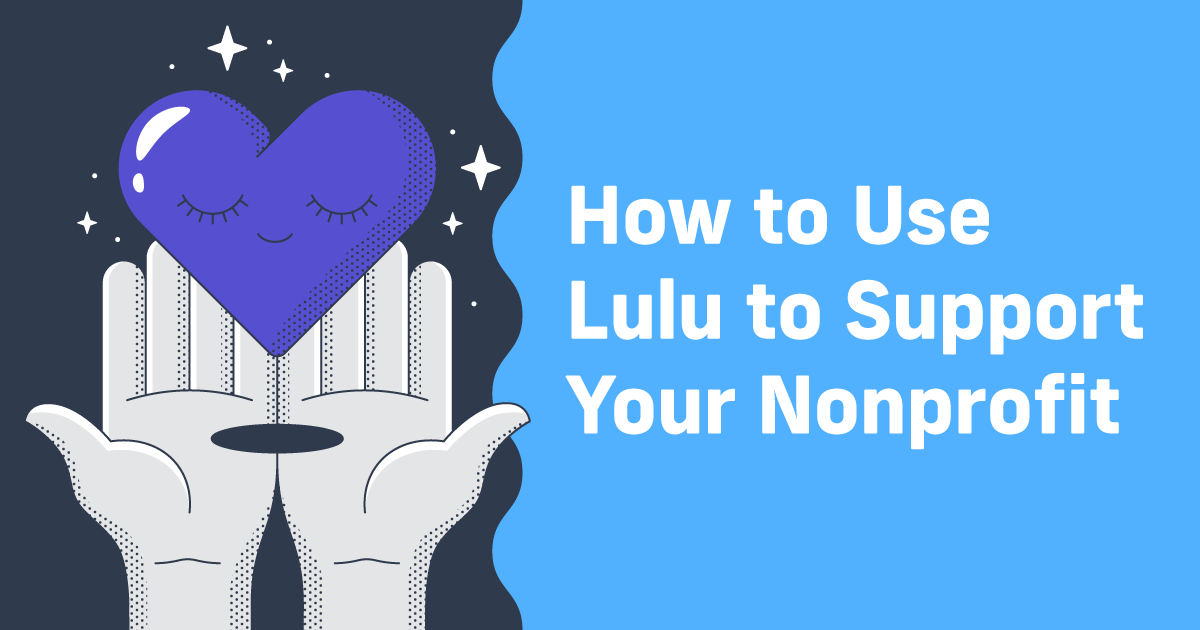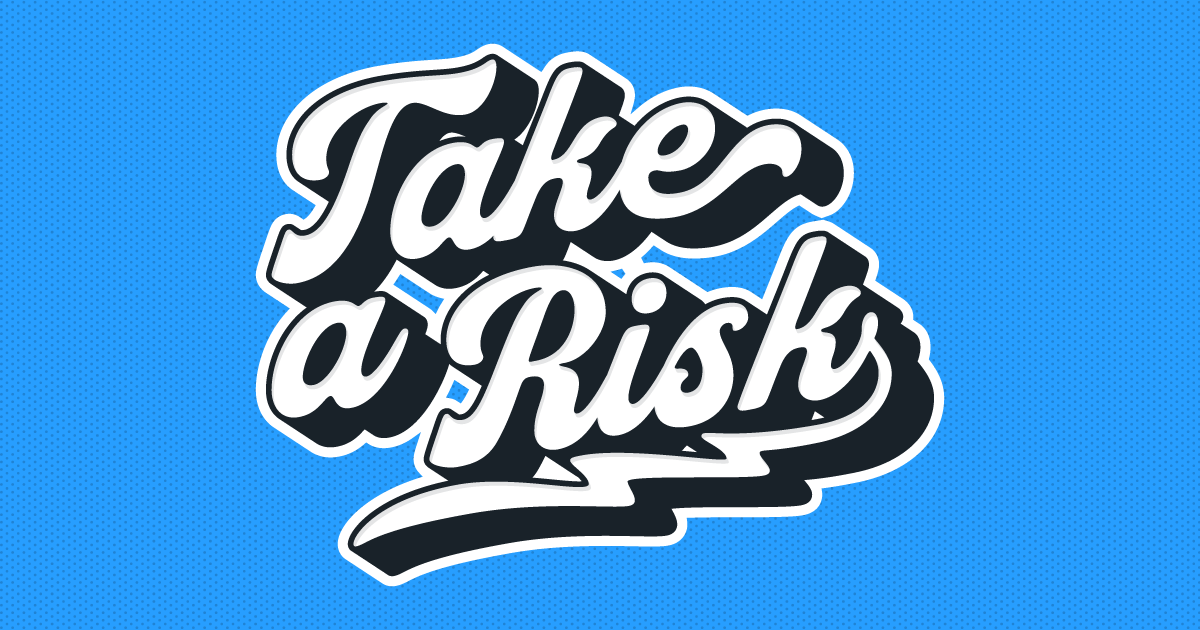How to Get Started Writing
I’m in a lot of different online writing groups. For the most part, I’m a lurker—someone who reads content without engaging with the group directly. Recently, though, I saw a question from a fellow aspiring writer that I couldn’t help but engage with. It basically said “I want to write a book, but I have no idea where to start,” and it made me wonder how many other people are currently sitting on a similar question.
At Lulu – on our blog, on our social media channels, on our Lulu University YouTube Channel—we cover a lot of topics on why you should write a book and the tools needed to help you self-publish; we don’t often talk about writing itself. Today, I thought I’d talk a little bit about what you can try to help you get started writing.
Get Ready to Write Your Book
You have an idea for a book—that’s awesome. Whatever it is, whether it’s a novel, a memoir, a how-to guide, or a self-help book, it’s an awesome start. Congrats on your big idea!
(And hey, maybe you didn’t even get that far yet, maybe you know you want to write something but you’re not sure what yet. Don’t worry, that’s cool too. We put together a video about using content you already have, maybe that will help spark some ideas! If it doesn’t, keep reading—some of the tips in this first section can help you narrow down your ideas too.)
So. You have your idea. Now what?
Well, before you even get started writing, there are some steps you can take to get ready and get comfortable:
1. Determine What Genre Your Book Fits Into and Familiarize Yourself With That Genre
Determine Your Genre
This very first step might seem like a given, but it’s also one of the most important parts of the prewriting process. You should know who your audience is before you write a single word.
Seriously, for emphasis: you should know who your audience is before you write a single word. Your target audience will determine so much of your content, your tone, how you structure your book, and what you share with them—and that’s just the interior. The best way to start identifying your audience is to figure out what genre your book fits into.
If you’re unfamiliar with the major literary genres (and subgenres), Wikipedia has a pretty thorough breakdown of fiction and nonfiction genres and subgenres.
If you don’t know what genre you’re writing in, ask yourself a few questions. Start broad and narrow from there. Are you writing fiction or nonfiction? What subject or field are you going to be writing about? Are you writing for entry-level beginners or professionals? Are you writing for adults, children, or teenagers? Do you expect your audience to have some understanding of your content before they even open your book?
That last question is a big one, regardless of your answer. Because whether or not you want them to, readers will have a certain understanding and expectation for your book based entirely on how you present it. Think about browsing a bookstore. If you pick up a book in the Mystery section, you expect it to be a little dark, but if you pick up a book in the Romance section you expect it will have a happily ever after ending, right? A book from the Middle-Grade Fiction section should be appropriate—both in content and in reading level—for 8 to 12-year-old children. A book in the Cookbook section will have recipes.
Another great way to identify your intended genre is to look for books that are similar in presentation, content, and intent to what yours will be. These “comp titles” are important to have for a variety of publishing, networking, and marketing reasons anyway, so you’ll be helping your future self by putting a list together now!

Your Free Lulu Account
Create a Lulu Account today to print and publish your book for readers all around the world
Familiarize Yourself With Your Genre
This is my favorite part of the writing process because it’s the best form of productive procrastination possible. You know that list of comp titles you looked up to help figure out what genre you’re writing in? Read them.
No really, read them. Actively read them—take notes on what you like about them, and what you don’t like about them. What you would do differently. If your books are nonfiction, take note of what the author might have missed, or what you might disagree with—in other words, what content you might be able to provide in your book. Also, take notes on the writing itself—are the books written in past tense or present tense? Which do you like better? Which do you think would work better for you and your book? What about point of view—first person? Third person? Second person? If it’s applicable, is there more than one narrator, or is the whole book written from one person’s point of view?
I keep a stack of books on my desk that are all, in some capacity or another, comp titles for my current work in progress. I’ll be honest with you—at first, I did it mostly for #aesthetics. It filled some space on my desk, and when I’m struggling at work it’s a nice break to pick up and leaf through a chapter to help clear my head. But I’m surprised by how often I pick them up when I’m writing, too. It’s nice to have a reference point for questions I ask myself while I’m writing, and to be able to look at how another author handled a similar issue.
If you want to, pick up a couple of books on the craft of writing too. There are the go-to’s, of course—On Writing by Stephen King, Bird by Bird by Anne Lamott, The Elements of Style by William Strunk, Jr.—but don’t forget that some books might be more applicable to you, your genre, and your writing experience and style, more than others. Personally, I’ve got Elizabeth Gilbert’s Big Magic and Ann Handley’s Everybody Writes in my book stack.
2. Find Your Community
Writing is a lonely business. It is. It’s an activity that we do largely alone, in our own heads and thoughts and workspaces, and does not inherently lend itself to much community.
Except, of course, that it absolutely does. The writing community at large—and the smaller communities within it—can be a fantastic resource for any writer, from aspiring to prolific, and I highly encourage you to find yours.
Online Writing Communities
You’ve already done the work of identifying your genre, right? Well, I’m willing to bet there’s an organized community specifically geared toward writers in that genre. Writing a thriller? Check out Mystery Writers of America. Penning your memoir? The National Association of Memoir Writers might be the support group you need. If you’re looking for a more broad-strokes community, our friends at the Nonfiction Authors Association have all kinds of resources available.
There’s also a lot to be said for writing communities that are defined not by what genre you write in, but by what other communities you’re already a part of. The Alliance of Independent Authors is a community of specifically self-published, independent authors. NaNoWriMo—National Novel Writing Month—has evolved into a community of writers (nonfiction welcome too!) that work together to support and motivate each other year-round. Big Black Chapters is a writing community devoted to supporting and amplifying Black Authors, much like We Need Diverse Books for all BIPOC writers.
In fact, your writing community might manifest itself from somewhere completely unrelated to your writing or your genre. The Facebook group that inspired this blog post is a group of writers who are all fans of the same true crime podcast. The podcast has nothing to do with writing, and very few of the members of the group are true crime writers, but we found a community anyway. If you’re writing nonfiction, particularly professional nonfiction, be sure to look for writing groups within your professional network!

Create Your Book
Use Lulu's free templates to easily create and publish your book today.
Writing Partners
Maybe big writing communities aren’t for you. I get that—they’re not really for me, either. But they can be valuable for helping you find maybe the most important person in your whole writing process—someone to share your writing journey with.
We’ve all been there, that place where you just need to bounce a thought or idea off someone else. At work, you might pull your team in for a quick brainstorming meeting, or you might call a friend to talk about your personal life. If you take one thing away from this blog post: find this person for your writing.
You may be lucky, maybe your person will overlap with you in other ways. My poor sister has fielded so many “WAIT BUT PLOT” texts from me over the last year that I’ll probably have to credit her as a co-writer. My best friend is also working on a novel, and even though our WIPs are totally different genres we still check in with each other on how we’re doing, checking for progress, etc. A few of my creative writing workshop friends from school will still exchange drafts with each other whenever we can. Whatever works best for you and your process, find a person to connect with on it. If you’d rather keep your writing separate from your personal relationships, ask around in a few writing communities! You definitely aren’t the only person looking for a buddy. And trust me, having a buddy to embark on this journey with makes all the difference.
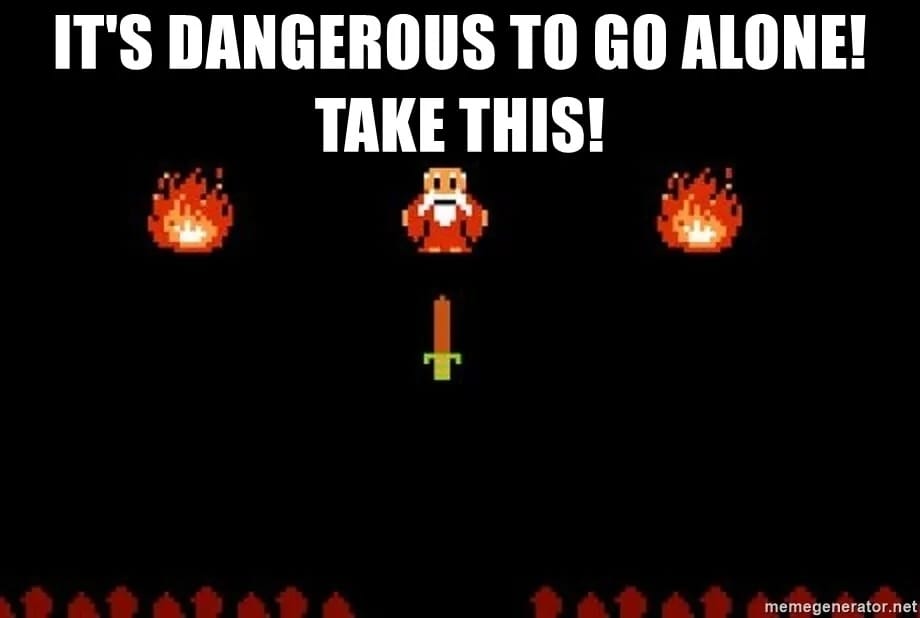
3. Get Connected
Great news: you’ve probably already started this. By seeking out writing communities and by looking for comp titles and authors that fit into your genre, you’ve probably come across opportunities to connect with other writers, readers, and professionals. If you haven’t joined a few groups already, do it! Even if you’re just a lurker like me, it’s still an opportunity to learn from your fellow writers.
Learning from your fellow writers and readers is an important part of getting connected. While some of us, myself included, go the academic route here and pursue MFAs, many more will learn best from their writing communities. In fact, there is a whole world of opportunities to learn more about writing without ever stepping foot in a classroom (physically or virtually).
Attend Author Events
An interesting side effect of the current pandemic has been the (hopefully temporary) death of in-person book signings and events. That’s a bummer for a lot of reasons—it’s an incredible opportunity to get to meet and speak with an author, while simultaneously supporting your local indie bookstore. But it’s also been an opportunity to make author events more accessible to interested readers everywhere.
Take a look at some of the authors on your comp titles list or authors that write in your genre—or hey, even authors you love that have nothing to do with what you want to write. See if any of them are participating in any virtual author events in the near future… and then attend one. Or two, or ten. Author events are a great opportunity to learn firsthand from other writers, especially since these virtual events tend to be group events with a multi-author panel. Plus, you may get to hear some idea-inspiring questions from your fellow viewers.
Check Out Free Resources Like Webinars, Podcasts, and Newsletters
If you’d like a less informal, more structured video session, try searching for some publishing webinars instead. Many of the online writer communities—like the Nonfiction Author Association, for example—host regular webinars on a wide range of topics that you might find useful or inspiring.
If you like listening more than you like watching, try a podcast or two! Offbeat Poetry put together a great general list of Podcasts for Writers, and you’ll find dozens more if you search specifically within your genre.
And if you’d rather read than listen, there are always newsletters and blogs! Something tells me if you’ve already gotten this deep into this post then you might actually be a blog reader already, which makes this part easy for you. The internet is full of authors and writers sharing their knowledge and expertise, for free. Go forth and Google, I’m confident you’ll find exactly what you’re looking for. And maybe a few things you didn’t know you were looking for too.
Write Your Book
1. Develop a Writing Routine and Try Your Best To Stick With It
Writing is hard, okay? Don’t listen to anyone who tells you otherwise, they are lying or trying to indoctrinate you into the cult. Writing is hard, and I’m not even talking about the part where you have to coherently and eloquently string words together in a grammatically correct sentence. The actual physical practice of sitting down and putting fingers on the keyboard or pen to paper is hard—it takes discipline, effort, and practice.
Great news: we have a whole blog post about how to cultivate a daily writing habit:

It can be daunting to dive right into your book – that little black blinking cursor at the top of a blank Google doc is shockingly intimidating for a bunch of pixels. If you’re stuck, find writing exercises to help you ease into the habit of writing. We post the occasional prompt on Instagram (look for the hashtag #writewithlulu) and on this Pinterest board, but you can definitely find more nuanced prompts if you Google your particular genre.
Journaling is also a fantastic way to get in the habit of writing regularly (daily!) without the pressure of Working On Your Book. Paul already laid out a very compelling case for why journaling is a great habit for any writer, you can read more about that here!
2. Are You a Planner or a Pantser?
I have been lucky enough to meet and work with a long and varied list of authors over my education and career, and I ask every single one of them the exact same question: are you a planner or a pantser? And by that, I mean: do you plan your book out before you write it, or do you just sit down in front of a computer and see where the momentum takes you?
If either one of those options made you break out in hives, congrats, you know what your answer is. But if you don’t know, it’s an important question to ask yourself before you start writing, because it may dramatically shape your writing habit and practice.
Personally, I’m a fiction writer, and a hardcore planner, so to be completely transparent with you I don’t really know a whole lot about what the “pantser” process looks like. I imagine that it’s a rather chaotic keyboard slamming that somehow results in a magical outpouring of content. Since the whole point of it is to “fly by the seat of your pants” instead of planning ahead, that seems to be intentional. I also assume that it’s much, much easier to approach fiction with a pantser attitude than it is to approach nonfiction that way. If you’re on the fence about which option will work better for you, and you’re planning a nonfiction book, I would strongly consider planning your content out in advance.
As for what that “planning” looks like – well, that’s up to you. In some cases, it might be a basic, bare-bones outline. My planning for this blog post, for example, looked like this:
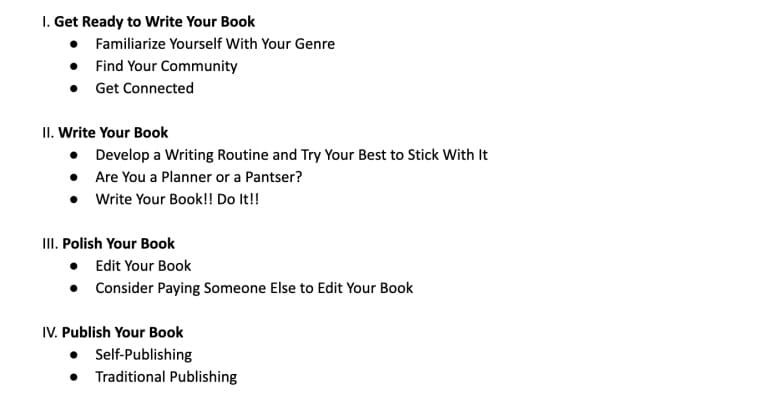
Essentially a table of contents, which may very well be more than enough for you, especially if you’re writing nonfiction. And, as you can see, not an exact replica of the finished post – I used this more as a guideline than a strict format.
My novel planning, on the other hand, is usually an overwhelming combination of color-coded post-it notes stuck onto tri-fold posters, detailed Google spreadsheets, and handwritten margin comments in the most inconvenient of places. In other words:
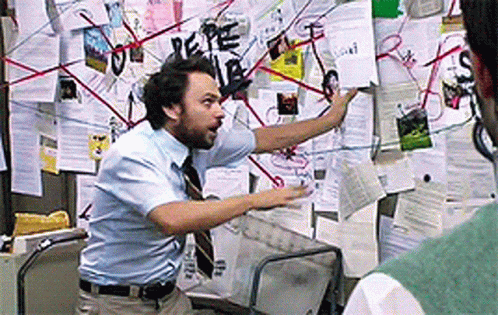
Ultimately, if you’re not sure which of those options appeals to you more, just experiment. You’ll never really know what will and will not work for you until you try, right? And if you don’t want to experiment with your book itself, try combining your journaling and your planning experiments! Maybe one week you sit down on Monday and “outline” what you want to journal about every day that week, then the next week you’re going to write off the cuff every morning. Whether you’re a fledgling novelist or Stephen King, writing is and probably always will be a never-ending game of trial and error.
3. Write Your Book!! Do It!!
No really, do it. Get off Twitter, and stop curating the perfect writing playlist, we both know you’re not really hungry and you’re just opening the fridge because you’re procrastinating. Sit down. Open your word processor of choice. Write your book.

